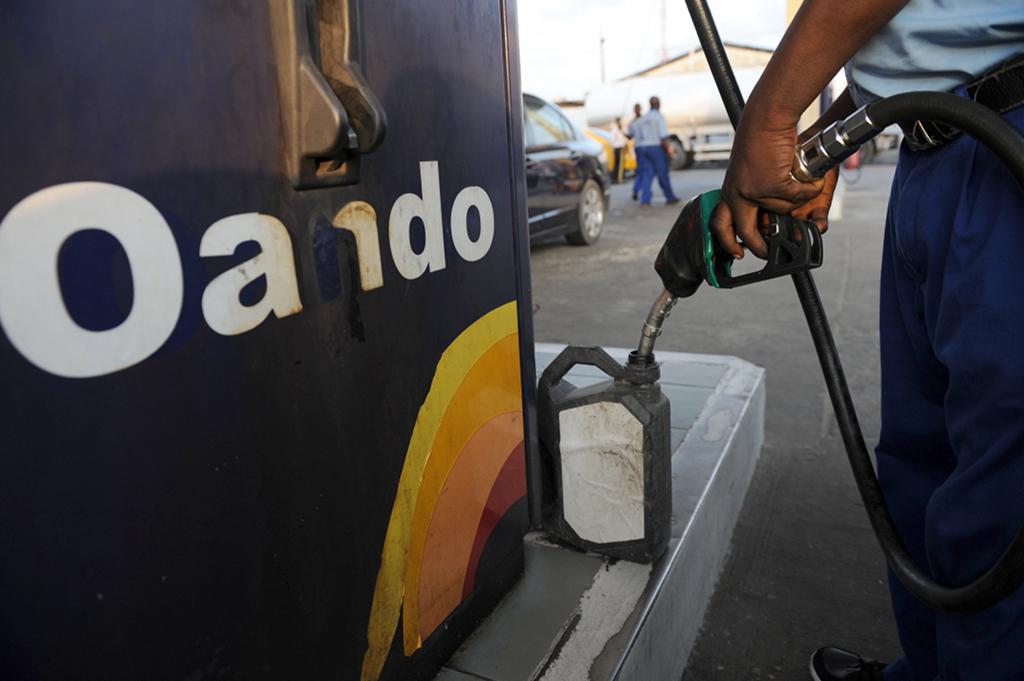Nigerians plan mass strike as fuel subsidy ends
An attendant sells fuel in a jerry can at a filling station in Lagos on November 10, 2011.
Unions in Nigeria say they'll call a nationwide strike "within days" after the government removed a fuel subsidy that has doubled prices in some parts of the country, Nigeria's Daily Times reported.
More from GlobalPost: Nigeria declares state of emergency after attacks
The Nigeria Labor Congress (NLC) and the Trade Union Congress (TUC), said the decision by government to withdraw the subsidy, announced on New Year's Day, was “callous and insensitive”, as it comes as Nigerians mourn the deaths of dozens people killed in a wave of bombs attacks on Christmas Day.
The two labor bodies accused Nigerian President Goodluck Jonathan of intending to “cause anarchy,” and said state councils and unions were on standby for news of a nationwide protest date, the Daily Times reported.
In a joint statement, the NLC and TUC said:
"In the next few days, the leadership of the NLC and TUC will jointly issue directives on the date organized national strikes, street demonstrations and mass protests will commence.”
A previous attempt to remove the fuel subsidy in 2004 was defeated by widespread public protests, the BBC reported.
Deputy Minority Leader of the House of Representatives, Suleiman Abdurahman Sumaila, said Monday the House would do everything legally possible to block the subsidy's removal, the All Africa news site reported.
Sumaila said lawmakers would examine the situation when the House resumes from the Christmas break on January 10.
"We will use the law to stop this inhuman act. It's another form of terrorism against Nigerians that are already impoverished. We will not fail to salvage them from this bondage and enslavement."
Nigeria’s Petroleum Products Pricing Regulatory Agency (PPPRA) announced that Premium Motor Spirit (PMS) would no longer be subsidized following “extensive consultation with stakeholders across the nation.”
The PPPRA's New Year's Day statement said:
“Consumers are assured of adequate supply of quality products at prices that are competitive and non-exploitative and so there is no need for anyone to engage in panic buying or product hoarding.”
The Nigerian government says that over the past year in has spent more than $8bn on fuel subsidies, and some of that money will now go towards improving infrastructure.
According to the BBC, Nigeria is Africa's biggest oil producer, but it does not have the capacity to refine the oil, and turn it into fuel, because of years of corruption and mismanagement.
